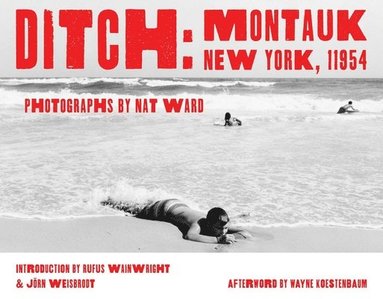Kommande

789:-
- Format: Klotband
- ISBN: 9781648231018
- Språk: Engelska
- Antal sidor: 112
- Utgivningsdatum: 2025-05-20
- Förlag: powerHouse Books

